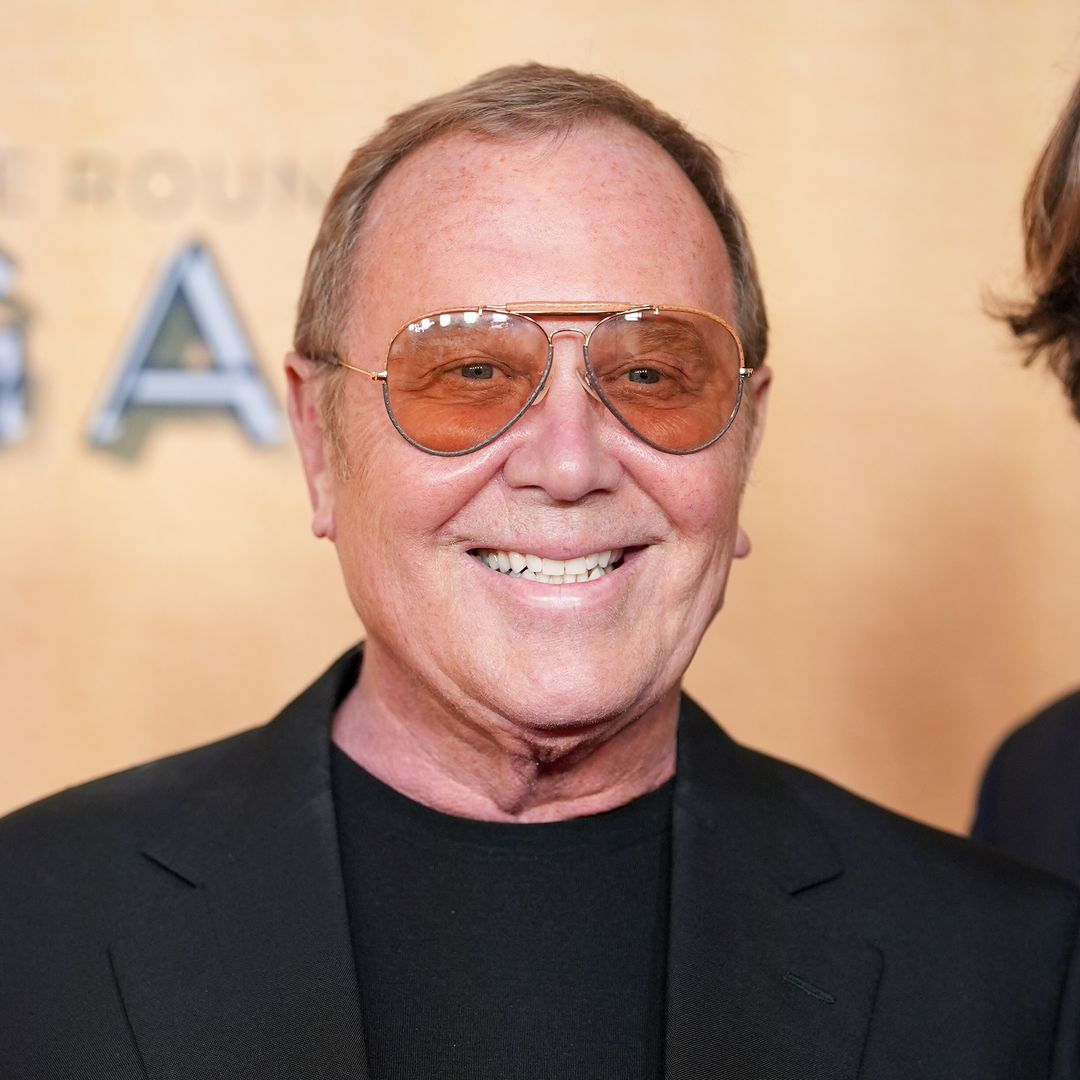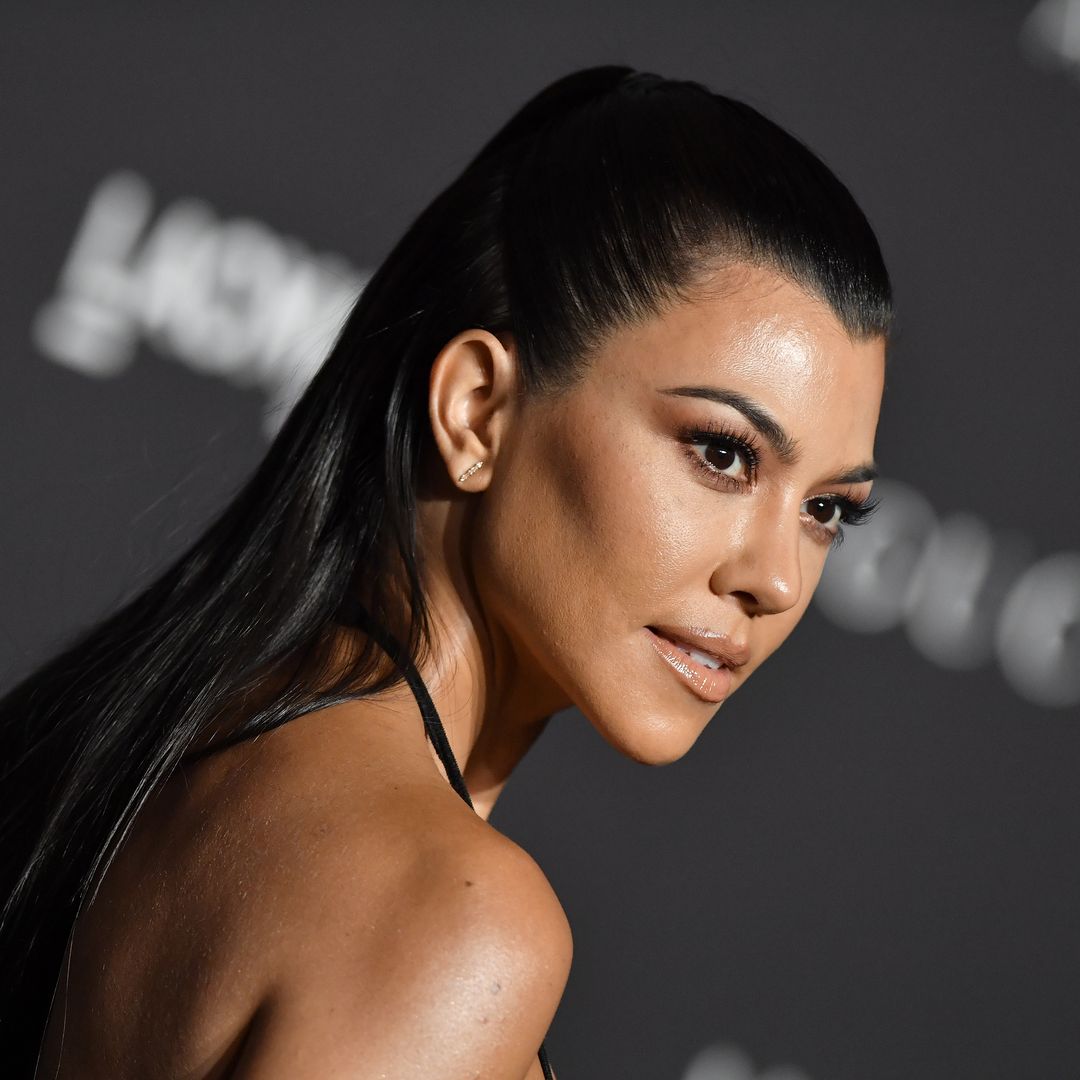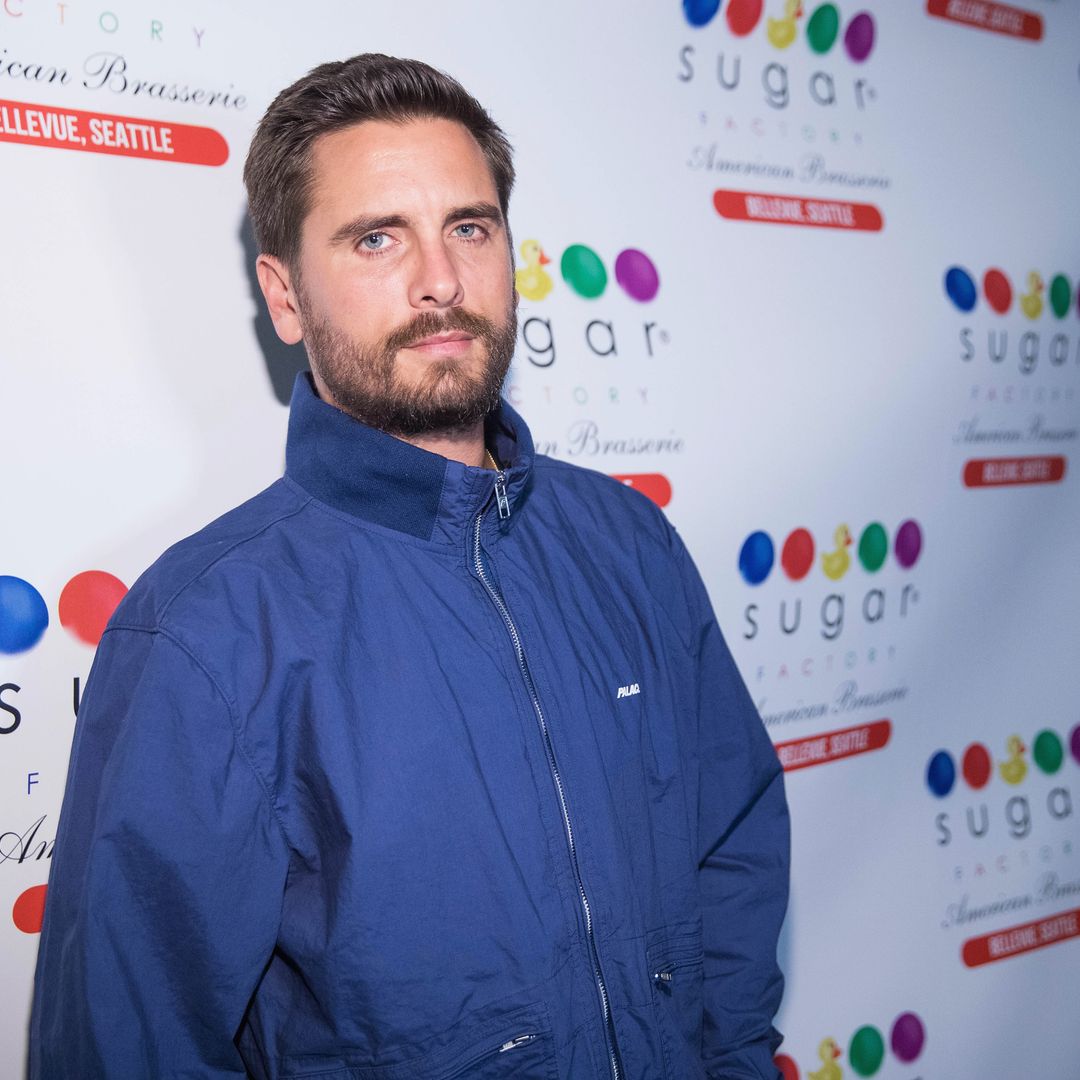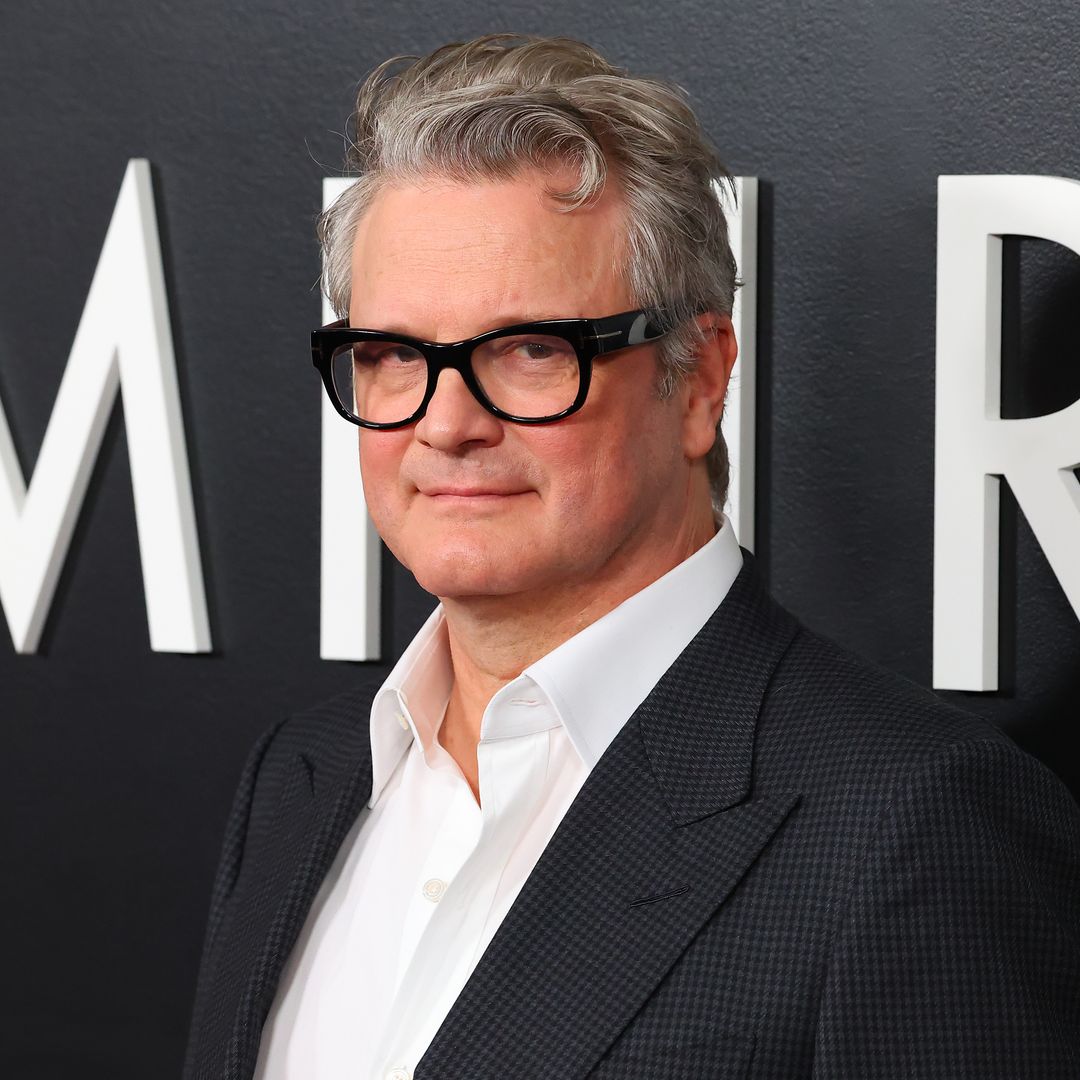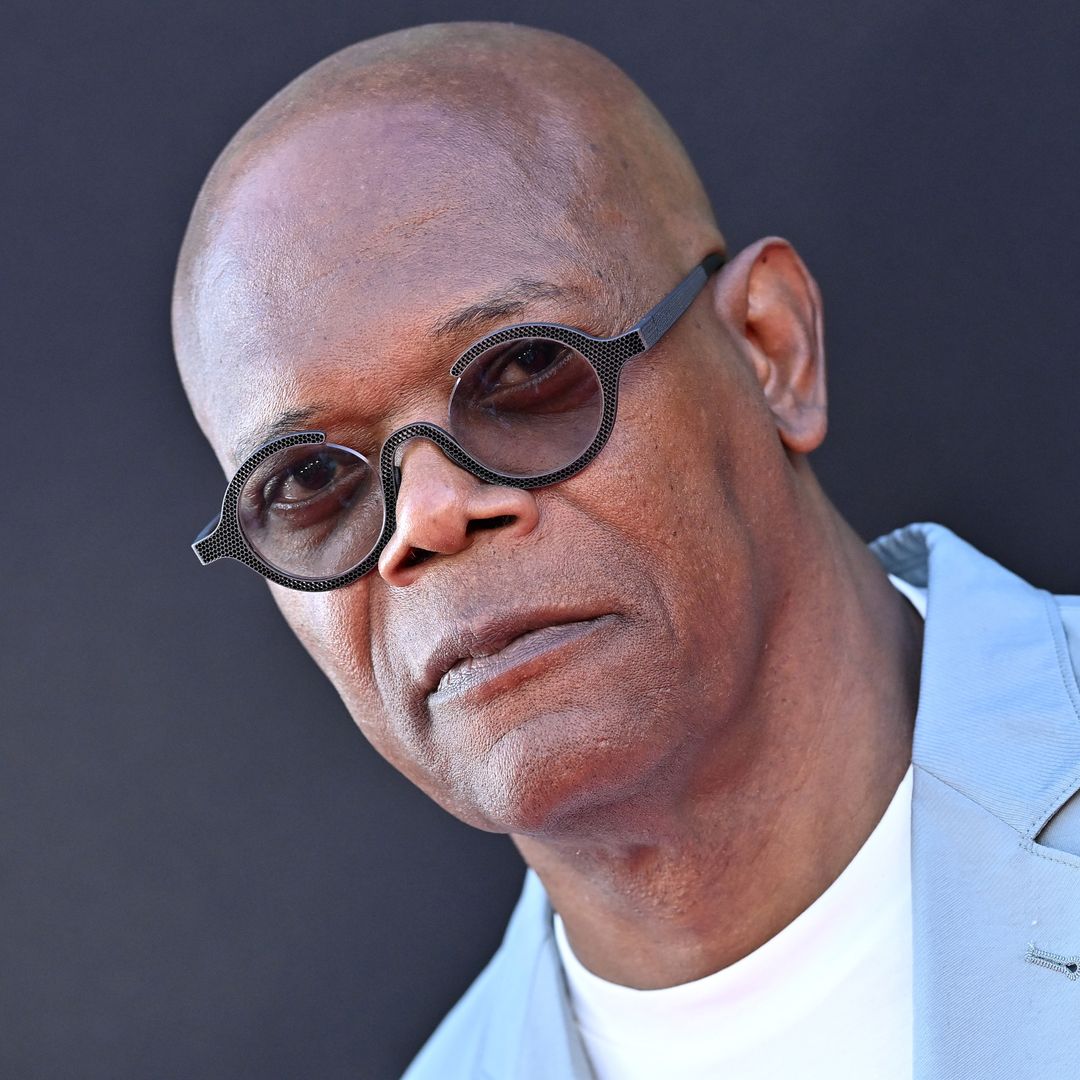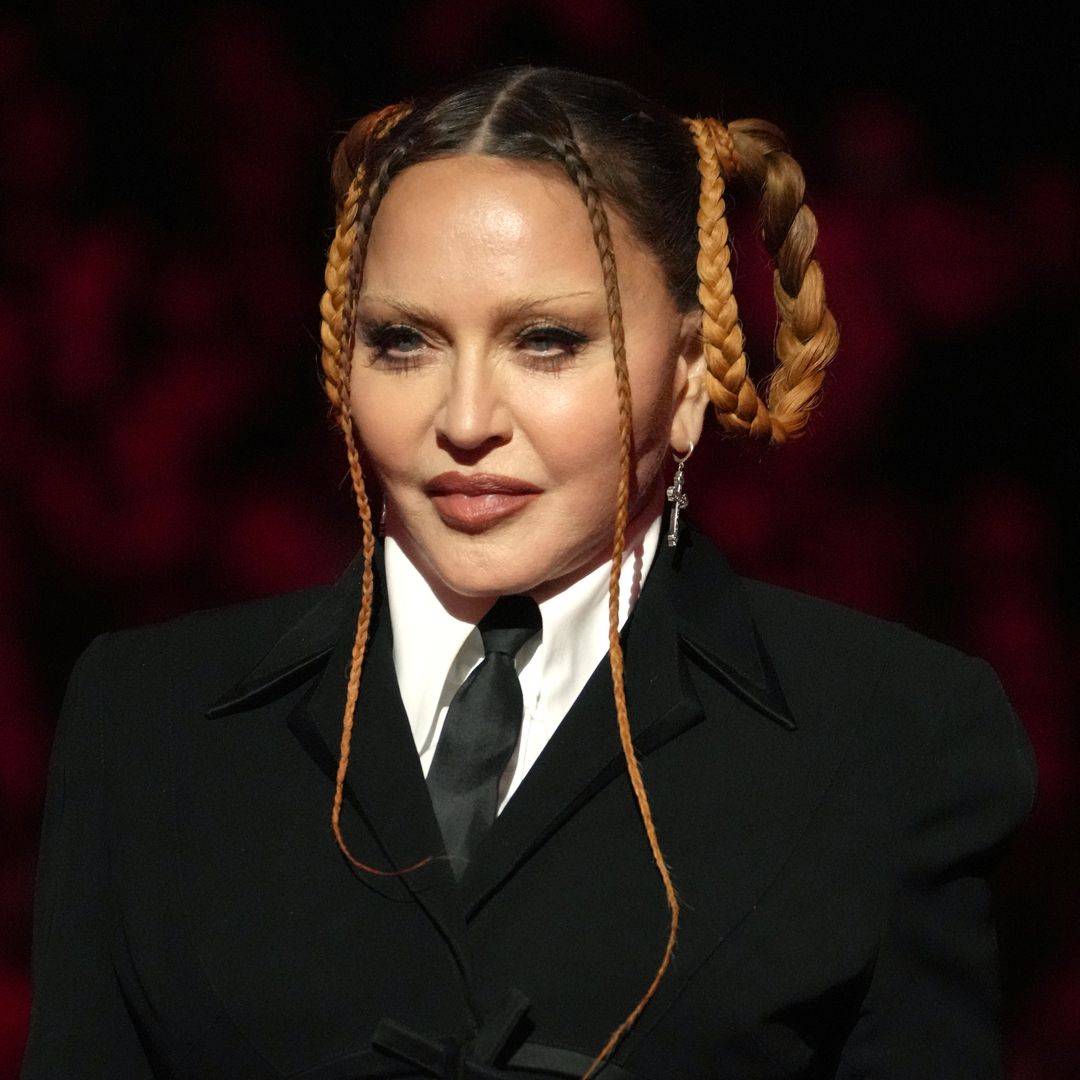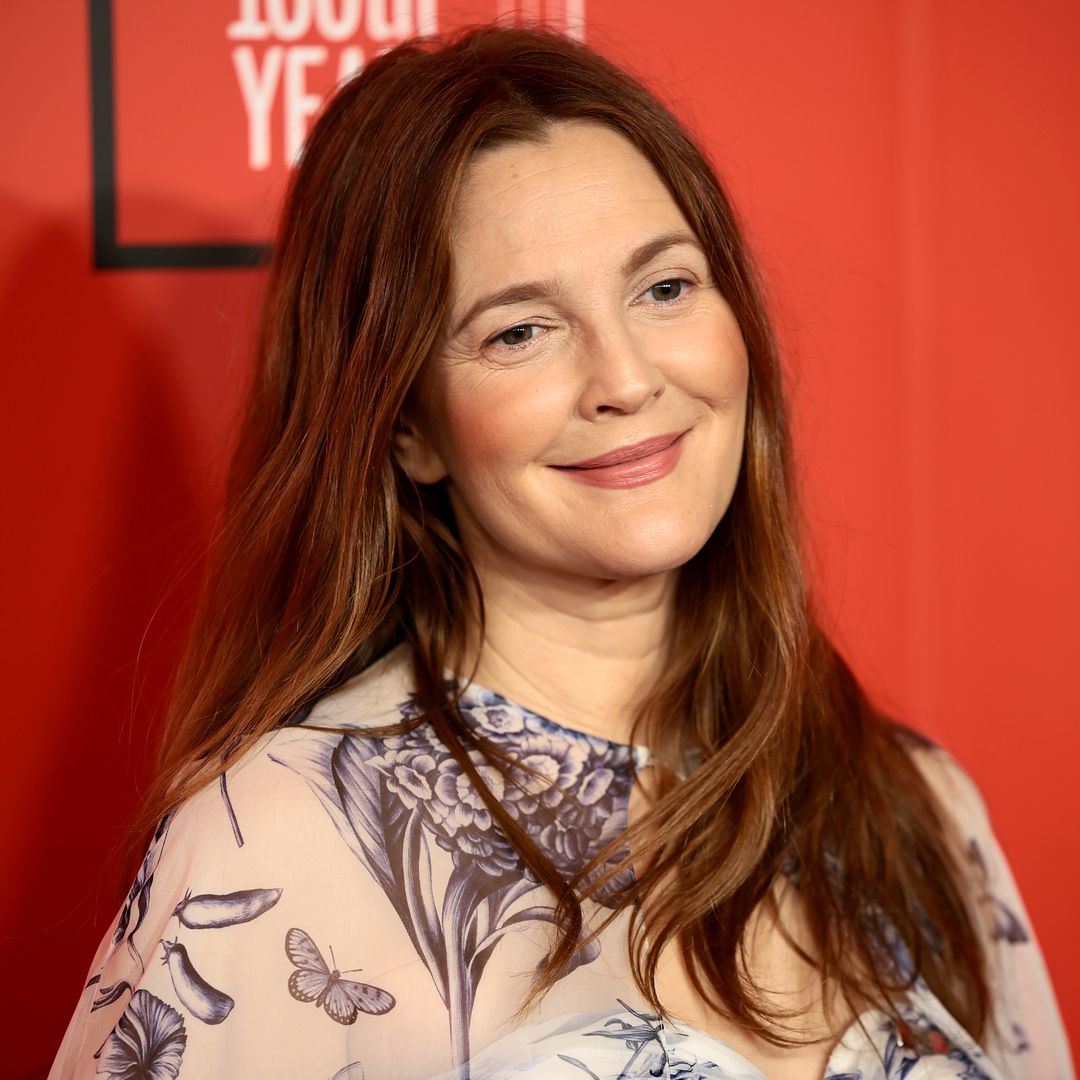Narrowly losing his bid for the presidency of the United Status in 2000 signalled only the beginning for Al Gore.
Bill Clinton's former vice-president turned environmental campaigner has since been the subject of an Oscar-winning film and awarded the Nobel Peace prize. So how did the man once described by a critic as a "government nerd" become the environmental figurehead who woke up the world to climate change?
His early life
Born on March 31, 1948, Albert Arnold Gore had his first taste of politics at the tender age of four, when he helped put up posters for his father's first senate election campaign in 1952. His parents, Albert Gore Senior and Pauline, brought him up in a suite at the Fairfax Hotel in Washington DC and on the family farm in Carthage, Tennessee.
As a youngster he attended the US capital's prestigious St Alban's School, where he met his high school sweetheart and future wife Mary Elizabeth 'Tipper' Aitcheson. From there he went on to study government at Harvard, where his room-mate was the future actor Tommy Lee Jones.
As a student at the Ivy League college he was taught by early climate expert Roger Revelle and first became interested in the effects of global warming. Al graduated during the Vietnam War and, despite his political opposition to the conflict, felt duty-bound to sign up.
His political career
A Baptist, he served as an army reporter from 1969 to 1971 before returning home to work at the Tennessean newspaper and continue his studies at divinity school. The gifted student then enrolled at Vanderbilt University Law School in 1974, quitting academia two years later to take up politics. After triumphing in his bid for the United States House of Representatives for Tennessee's fourth district, he was re-elected three times before becoming a senator in 1984.
While serving as a senator he played a key part in fostering the expansion of the internet and also became one of the first politicians to tackle the issue of climate change. He held the first congressional hearings on the topic in the late Seventies and during his tenure in Congress co-sponsored hearings on toxic waste and global warming. A 1988 bid for the presidency foundered when he failed to obtain the Democratic nomination.
And when, the following year, his six-year-old son Albert was nearly killed in a car accident, Al chose to dedicate his time to the boy rather than laying the foundations for a 1992 campaign. It was during his son's recovery that Al penned the environmental conservation work Earth In Balance: Ecology And The Human Spirit the first book written by a sitting Senator to make The New York Times bestseller list since JFK's Profiles In Courage.
After being selected by Bill Clinton as his running mate for the White House in 1992, Al was inaugurated as the 45th vice president of the US on January 20, the following year. They were both re-elected to a second term in 1996 and by 2000 Al was ready to try yet again for the top job in the Oval Office.
During the election campaign he was neck and neck with the Republican Governor of Texas George W Bush, and on Election Day the results were so close the outcome took over a month to confirm.
Despite winning the popular vote (by half a million) he lost the electoral vote and conceded a controversial victory to Bush. Following the defeat Al travelled for two months with his wife, grew a beard, taught journalism at several universities and co-founded a business called Generation Investment Management. With the encouragement of his wife Tipper he also set about editing and adapting a slide show about global warming he'd compiled years earlier.
He went on to show it around the US and then to the rest of the world. When two film producers saw the presentation in New York in 2004, its potential as the basis for a movie was recognised. The result was An Inconvenient Truth, which weaves predictions regarding climate change with Al's own life story.
By the time the film premiered at the 2006 Sundance Film Festival, Al estimated he had given his slide show presentation over 1,000 times. The film, which was accompanied by a bestselling book, won an Academy Award in 2007 for best documentary feature. Now a regular on the celebrity circuit, counting many equally 'green-minded' stars among his acquaintance, Al had no trouble drumming up a stellar line-up of performers for another brainchild the July 2007 Live Earth musical extravaganza.
And in the wake of the concerts aimed at raising awareness of climate change suddenly he was being dubbed the Bono of the environment. His cool new status came as a surprise not only to the public but to his family. "If you had told me ten years ago that people were going to be appealing to me for tickets to a hot rock concert through my parents, I would have fallen over," said one of his three daughters, Karenna.
The former vice president capped an event-filled year in October 2007 by being awarded the Nobel Peace prize as part of the Intergovernmental Panel On Climate Change. He was praised in the Nobel citation as "probably the single individual who has done most to create greater worldwide understanding of the measures that need to be adopted". While the Nashville-based dad of four continues his environmental crusade, his followers are keen for him to return to politics.
In the summer of 2010, Al announced he and wife Tipper were separating after 40 years of marriage - saying it was a "mutual and mutually supportive decision". Asking for privacy, he told supporters their decision to part ways came after "long and careful consideration". The former couple share four children together: Al Gore III, Sarah, Karenna and Kristin.


